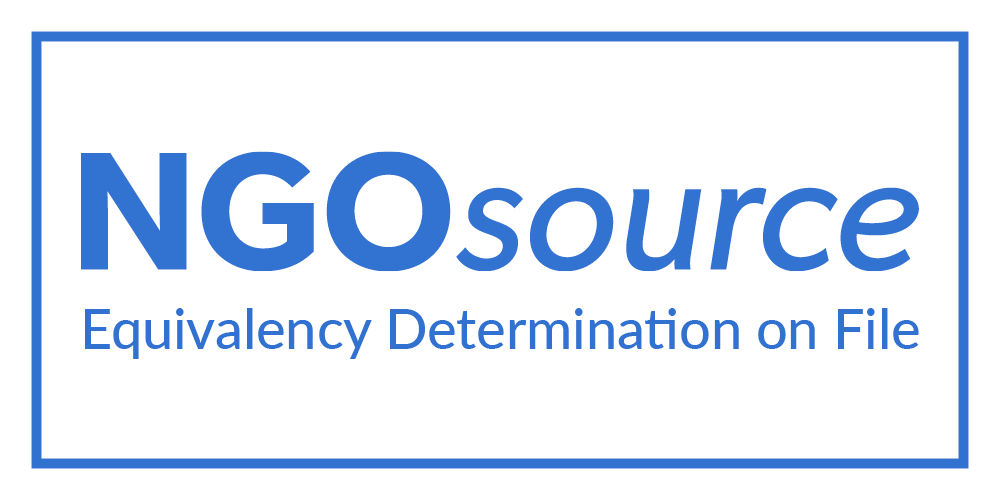Nova Ruth, seniman asal Malang, masih ingat jelas sederet tantangan mendapatkan visa demi menghadiri perhelatan seni internasional. Salah satunya terjadi pada 2013, ketika ia bersama Grey Filastine hendak tampil dalam festival di Eropa. Nova gagal mendapat visa Schengen dari Kedutaan Besar Jerman.
“Saat itu ada kecurigaan perdagangan manusia, [ketika itu saya] berumur 30 tahun dan perempuan,” ujarnya kala berbincang di Sanur pada akhir Desember 2020. “Beberapa orang mungkin mudah mendapat visa Schengen karena memiliki pekerjaan tetap dan taraf ekonomi stabil. Tapi, seniman dari Indonesia susah mendapatkan visa.”
Hal serupa dialami salah satu pendiri Papermoon Puppet Theater, Maria Tri Sulistyani. Puan yang akrab disapa Ria itu pernah menghadapi rumitnya memproses visa Amerika Serikat. Ia harus menyiapkan banyak dokumen, mulai dari surat penjamin, asuransi, sampai bukti saldo tabungan bernominal tinggi. Akhirnya, Ria memutuskan hanya ikut serta dalam pameran karya tanpa tampil dalam pertunjukan, mengingat mahalnya biaya penjamin penampil seni di negeri Abang Sam itu.
“Kerumitan itu tidak dialami teman-teman mancanegara ketika akan datang ke indonesia. Mereka tidak diminta banyak syarat. Ini tidak adil,” ucapnya. “Padahal perjalanan itu penting agar kita bisa keluar dari zona nyaman dan bertemu benturan-benturan.”
Kemudahan berpindah tempat adalah salah satu hak kebebasan berkesenian yang seharusnya didapatkan pegiat seni. Sesuai pasal 13 Deklarasi Universal Hak Asasi Manusia (DUHAM), seniman berhak atas kebebasan berpindah tempat secara domestik maupun internasional. Tetapi, ada ketimpangan relasi antara negara-negara yang disebut maju dan negara-negara lainnya, seperti Indonesia.
Paspor hijau Indonesia cuma bisa memberi akses bebas visa ke 25 negara. Saking lemahnya paspor kita ini, Indonesia hanya menempati peringkat 51 dalam daftar yang dilansir Passport Index. Dari 199 negara dalam indeks tersebut, Indonesia berada di posisi ke-51 bersama Namibia, Tunisia, dan Papua Nugini.
Sejumlah negara yang dianggap maju lazimnya menempatkan seni dan kebudayaan sebagai jalan diplomasi. Menurut Ria, Indonesia sejauh ini baru berfokus pada diplomasi antarpemerintah, belum memaksimalkan diplomasi person to person alias antarpenduduk, yang sebetulnya bisa lebih kuat mengakar dan berdampak. Misalnya, proses pertukaran budaya lewat obrolan karya, kuliner, musik, budaya kontemporer, sampai residensi.
Belum meratanya kepedulian diplomat Indonesia pada seni pernah dialami langsung oleh Nova dan Ria. Ketika Nova bersama tim kapal budaya Arka Kinari berlabuh di Rabat, Maroko, ia menghubungi Kedutaan Besar Indonesia mengabarkan kedatangan, namun tak ada respon. Adapun Ria bercerita undangan Festival Boneka Internasional di Pakistan dan rencana tampil di Kedutaan Besar Indonesia di Singapura gagal jalan karena tak didukung kedutaan, sedangkan undangan dari Montenegro tidak dapat dipenuhi akibat tiadanya kedutaan Indonesia.
Perjuangan Nova dan Filastine soal batas negara ini jadi inspirasi lagu Perbatasan yang ada dalam album Drapetomania. Lagu itu dipicu pengalaman mereka tampil di kamp imigran Calais di Prancis, dan direkam di dalam sel tahanan bekas pusat deportasi. Penggunaan kapal Arka Kinari juga siasat terhadap batas negara, karena di perairan batas tersebut tak terlalu jelas, dan perairan internasional bebas dilalui semua orang.
Untuk mengatasi tantangan berpindah tempat itu, Nova berharap ada peningkatan upaya diplomasi sehingga kerja sama antarnegara lebih kuat dan luas. Ia pun berpendapat seniman perlu mendapat fasilitasi dan surat rekomendasi dari pemerintah.
Sementara, Ria menyarankan tiap kedutaan Indonesia punya ruang persebaran dan pertukaran gagasan yang seimbang untuk budaya kontemporer dan seni tradisi. Dia mendesak pula agar prosedur pengajuan visa dapat dilakukan secara efisien dan efektif melalui platform daring, sehingga seniman tidak perlu datang ke Jakarta atau ke kota-kota besar hanya untuk mengirim aplikasi dan wawancara.
Jika tantangan ini diatasi, bakal makin banyak seniman Indonesia bertukar pengetahuan soal karya dan budayanya dengan pegiat seni mancanegara. Ujungnya, akses terhadap pengetahuan ini berkontribusi menumbuhkan dan merimbunkan ekosistem seni Indonesia. (Trianingsih)
ilustrasi: needpix





Pengalaman teater keliling untuk ikut festival di mancanegara sejak 1975 tidak sesulit itu kecuali ke amerika. Yg penting ada undangan dan akam mudah mendapat rekomendasi deparlu dan kemendikbud. Dengan begitu kbri akan bantu komunikasi dg pengundang. Kami telah ikut 9 festival. Juga undangan pentas khusus kami saja. Salam jabat seni
Terima kasih telah berbagi pengalaman baiknya. Semoga lebih banyak seniman mengalami nasib baik yang sama, ya.